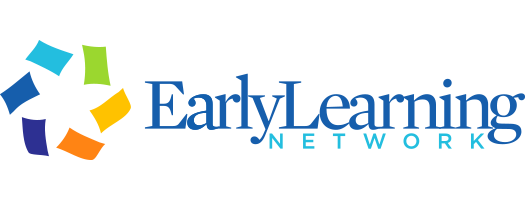MDRC
Boston P-3: Identifying Malleable Factors for Promoting Student Success
Studies
Policy and Practice Study
Researchers assessed Boston Public School’s prekindergarten through third grade policies and practices as related to student experiences. Variables of interest included instructional content and dosage, teacher practices, instructional approach, school district culture and climate, and attributes of staff, families and students.
Classroom Observation Study
Researchers addressed curricular alignment, quality of classroom interactions, teacher characteristics and the quality of language, literacy and math instruction. The researchers also examined a set of classroom population characteristics (e.g., dual language learners, low-income students).
Longitudinal Study
Researchers explored how classroom processes and practices, family engagement in learning activities outside of school and afterschool and summer activities relate to children’s developmental skill trajectory and third grade outcomes.
Setting
The research studies took place within Boston Public Schools’ community-based pre-K programs and early elementary schools in Boston, Massachusetts.







